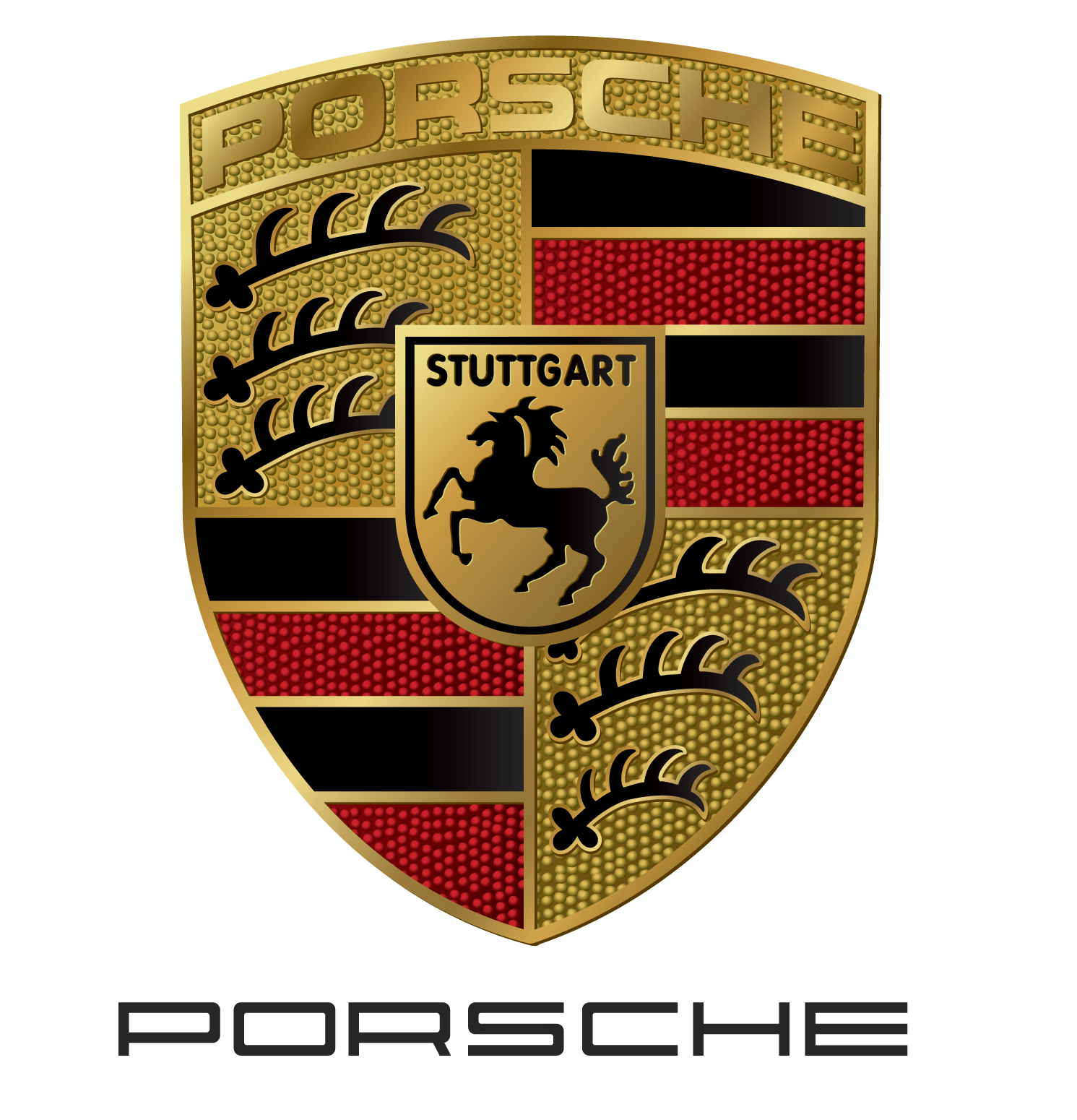Or, at least it’s started the process.
It’s all about CO2. Hard on yesterday’s news that the polar icecap isn’t shrinking, but is growing, and that there is currently a third more ice in Antarctica than normal, comes word that Porsche’s not going to put up with London’s plan to charge fifty bucks to drive a car into London if the vehicle exceeds the arbitrary CO2 limit imposed by that City.
For a car like the Porsche, the “congestion fee” was raised 3000%, based on its CO2 output.
It reminds one of Churchill’s famous remark when chastised for ending a sentence with a preposition: “This is the sort of nonsense up with which I will not put.”
The real significance of Porsche’s action, however, is both broader and deeper than the regulation which London is attempting to implement.
Though Porsche is commonly considered to be a small, family-owned company that concentrates on making high-end sports cars and SUVs in relatively small numbers, the only part of that image that’s accurate is that the company is, in fact, entirely owned by the Porsche family. It is, however, one of the most powerful automakers in Europe: though a substantial minority ownership of its stock, Porsche controls Volkswagen, which means it controls Audi, too. It’s profit margin is about 7.5% of sales, enormous by auto industry standards. Porsche’s boss, Wendelin Wiedeking, has transformed the company during his tenure, and is now poised to take absolute majority ownership of VW.
To say that Wiedeking is aggressive would understate it.
The shot fired at London is more than just a way of dealing with a foolish local regulation, one that has the potential of doing far more damage to London’s economy than to Porsche. Nor is Porsche generously attempting to save Londoners from their own stupidity.
This is much bigger than that.
Originally implemented as a fee designed to discourage driving into London and encourage using mass transit – municipal governments are alike everywhere – it didn’t take long for the political powers in Great Britain to convert the “congestion charge” into a tool for imposing even more of their political agenda.
Challenging London’s extortionate increase in the “congestion charge” may more properly be seen as the opening shot by the automaker against Green efforts to legislate out of existence much of the German auto industry, in the guise of regulating “greenhouse gases.”
Individual European nations lost a great deal of governmental autonomy with the creation of the European Union. At the time, this didn’t much bother Germany, which figured to be the dominant political force in the EU. But, it hasn’t worked out that way. Instead, a central government based in Brussels has ended up exercising a great deal of power, unchecked by the member nations. The central government in Brussels is far more willing to adopt a Green agenda than many of the member nations would consider adopting individually.
The effort to restrict CO2 emissions, of course, is more than an environmental agenda. It is primarily a political one. Certain countries, notably Germany, dominate the European auto market. Countries, primarily Italy, which manufacture primarily smaller vehicles would be enormously benefited by regulations which cripple German automakers.
Porsche’s point is pretty simple: this has nothing to do with congestion and, moreover, it won’t have the slightest impact on the world’s CO2. The Detroit automakers have been saying the same thing to California and other states, but leave it to Porsche to actually do something about it, rather than spending its time trying to find ways to appease the politicians.
The process started by Porsche begins with a letter to the Mayor of London. Absent a favorable response within fourteen days, it’s then off to court.
Of course, this episode also illustrates, once again, why there is no longer a British auto industry.

